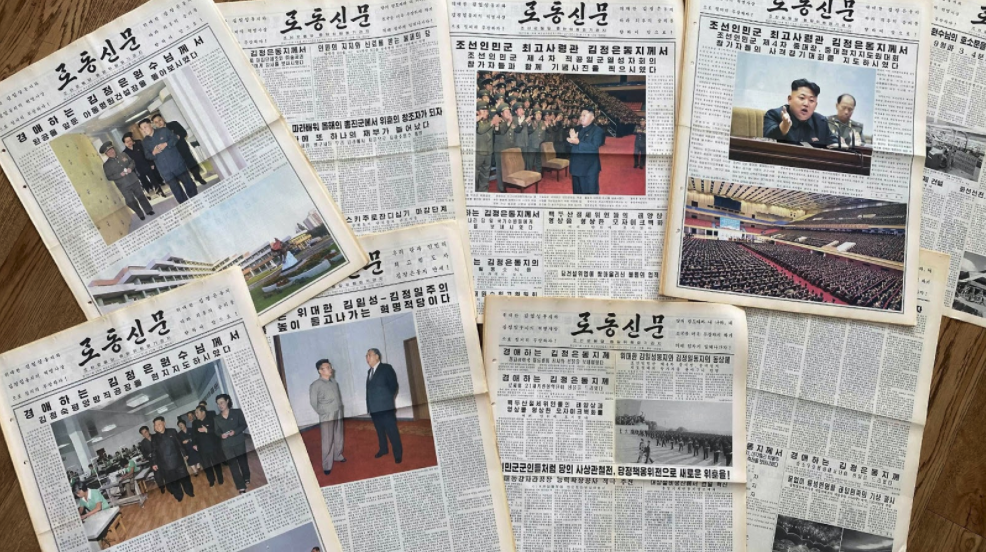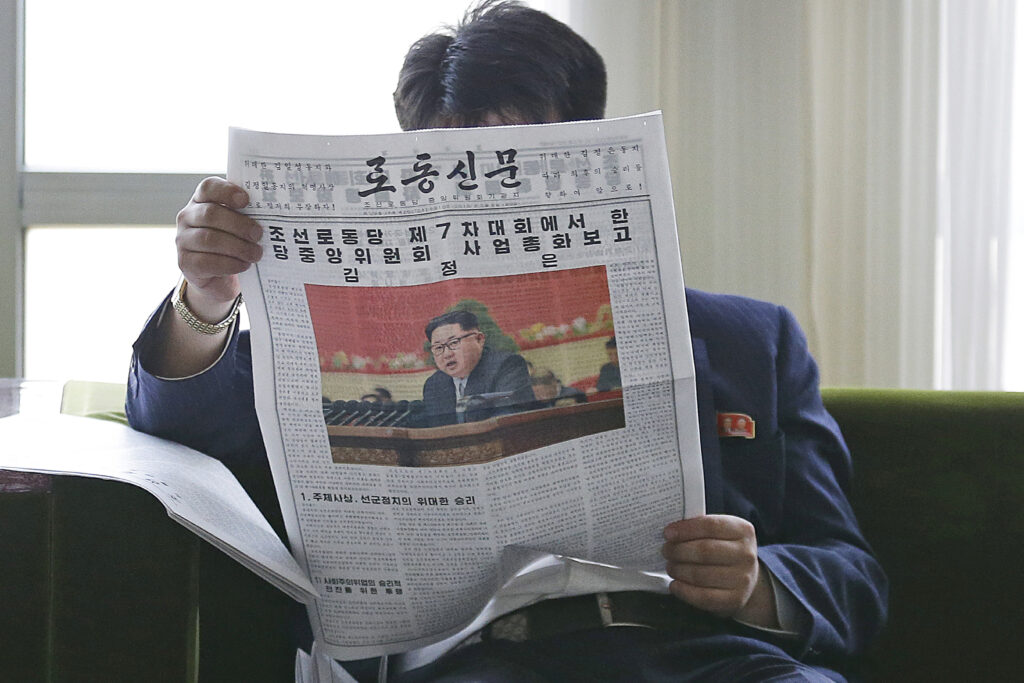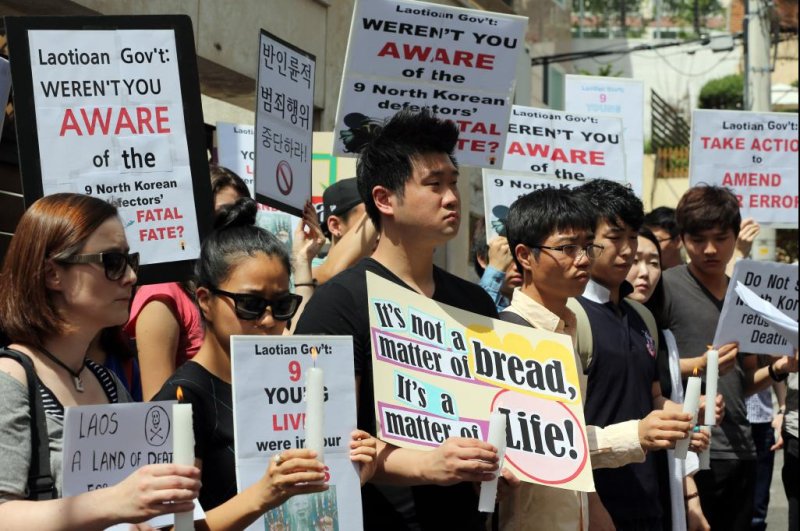
North Korea is widely known as one of the most secretive and isolated countries in the world. The regime’s tight control over information and expression has been a major concern for human rights organizations and journalists alike. In this essay, we will examine the lack of freedom of information and expression in North Korea, using quotes and references from reputable sources to support our arguments.
According to Amnesty International, North Korea’s government exercises «total control» over all forms of media. The state-owned Korean Central News Agency (KCNA) is the only source of news for many North Koreans, and its reporting is heavily censored and controlled by the government. Any criticism of the regime or its policies is strictly forbidden, and those who dare to speak out risk severe punishment.
Human Rights Watch reports that North Korea maintains an extensive system of surveillance and censorship to monitor the population’s communications. The government severely restricts internet access, and only a select few high-ranking officials have access to the global internet. Instead, North Koreans are limited to a domestic intranet called Kwangmyong, which offers a highly restricted selection of websites and content.
One former North Korean defector described the situation as follows: «There’s no freedom of speech in North Korea; you can’t say anything against the government. It’s like living in a big prison.» Another defector reported that even private conversations can be dangerous: «We couldn’t talk about anything political in our homes because the walls were thin, and we never knew who was listening.»
The lack of access to information and the absence of free expression have had severe consequences for North Koreans’ ability to make informed decisions about their lives. As Human Rights Watch notes, «Without independent media and access to information, North Koreans cannot make informed decisions about their lives, and they remain vulnerable to government propaganda and manipulation.»
In conclusion, North Korea’s lack of freedom of information and expression is a serious human rights issue that must be addressed. The regime’s total control over media, surveillance of communications, and censorship of the internet severely limit North Koreans’ ability to access information and express themselves freely. As the international community continues to engage with North Korea, it is important to keep human rights at the forefront of discussions and advocate for greater freedom of expression and access to information for all North Koreans.


